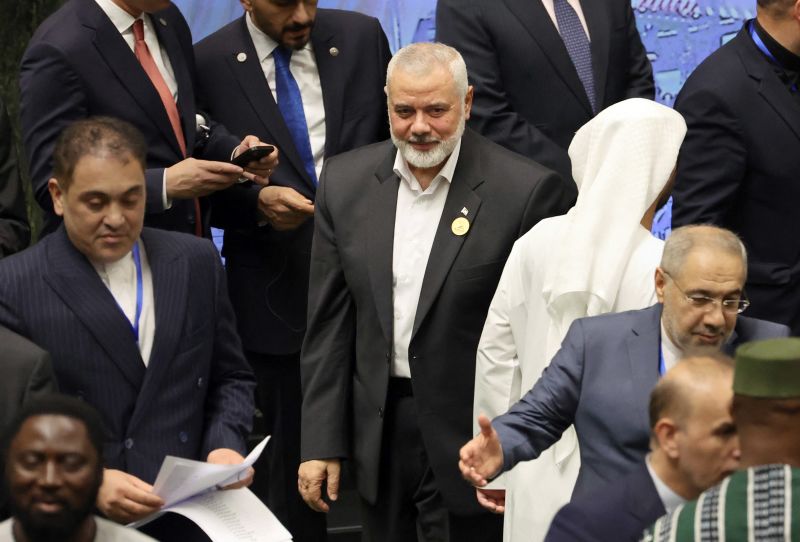The assassination of Mohsen Fakhrizadeh, one of Iran’s top nuclear scientists, and the killing of General Qassem Soleimani, the head of the Quds Force, an elite unit of the Iranian Islamic Revolutionary Guard Corps, have thrust Iran into a difficult scenario with no apparent advantage. Following these two significant losses, Iran’s assaults on its core allies, the possible retaliation options Tehran might consider all carry substantial potential drawbacks that could further destabilize the region and plunge Iran further into isolation.
The initial and perhaps most instinctive response to these killings might be violent retribution. Following Soleimani’s death in January 2020, Iran launched a ballistic missile attack against two Iraqi military bases housing U.S. forces. However, full-scale military retaliation for the further loss of Mohsen Fakhrizadeh is not in Iran’s interest. It would risk triggering direct military confrontation with the USA or Israel. Furthermore, such conflict could possibly invite international isolation or even incite a devastating war. The risk is even more pronounced considering the ongoing civil unrest and economic hardship that Iran is currently battling.
Second, Iran could consider intensifying its nuclear activities in defiance, to retaliate against those who perceive the killing of Fakhrizadeh as an attempt to hinder Iran’s nuclear capabilities. However, this response could backfire, particularly in relation to the Biden administration’s probable interest in restarting nuclear negotiations and returning to the 2015 Joint Comprehensive Plan of Action (JCPOA). If Iran escalates its nuclear activities beyond the terms of the JCPOA, it could drive away potential allies and further isolate itself from the international community.
A third avenue may involve Iran using its proxies in the region. This is a strategy Iran has used in the past, employing paramilitary or non-state groups to launch attacks on its behalf, thereby maintaining a degree of deniability. However, this approach carries significant risks. Using proxy forces to launch attacks could exacerbate tensions throughout the Middle-East, which is already riddled with conflict. Such action would also likely motivate international involvement, aggravating the geopolitical situation in the region.
Turning to diplomatic measures, such as reporting these assassinations to the United Nations, could provide Iran with some degree of moral high ground internationally. However, given the complex and politically fraught dynamics at play, it is unlikely such moves would yield any immediate or tangible benefits. Moreover, this approach does not guarantee the cessation of such targeted strikes in the future.
Last, Iran could choose to wait and bide its time until the inauguration of President-elect Joe Biden. Yet, this strategy also has substantial risks. This approach risks being perceived as condoning occurrences, thereby opening the door for further such instances. Besides, the change in U.S. administration does not ensure that Iran’s national security will improve or that similar attacks won’t happen in the future.
Undeniably, the killings of Mohsen Fakhrizadeh and Qassem Soleimani have greatly impacted Iran’s regional strategy, security, and future planning. None of the potential retaliatory measures are without substantial down-sides. It illustrates the precarious position Tehran now finds itself in, faced with the challenge of responding robustly while avoiding further military confrontations, international isolation, and regional instability. The path Iran chooses to take in the wake of these assassinations will not only determine its immediate future but will also have far-reaching repercussions for the wider region’s fragile geopolitical balance.




